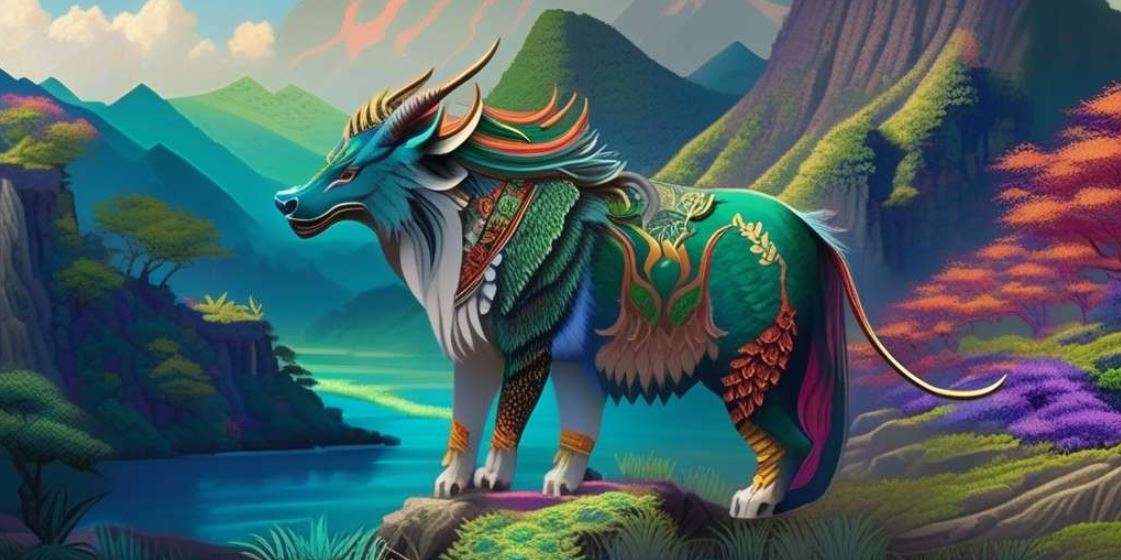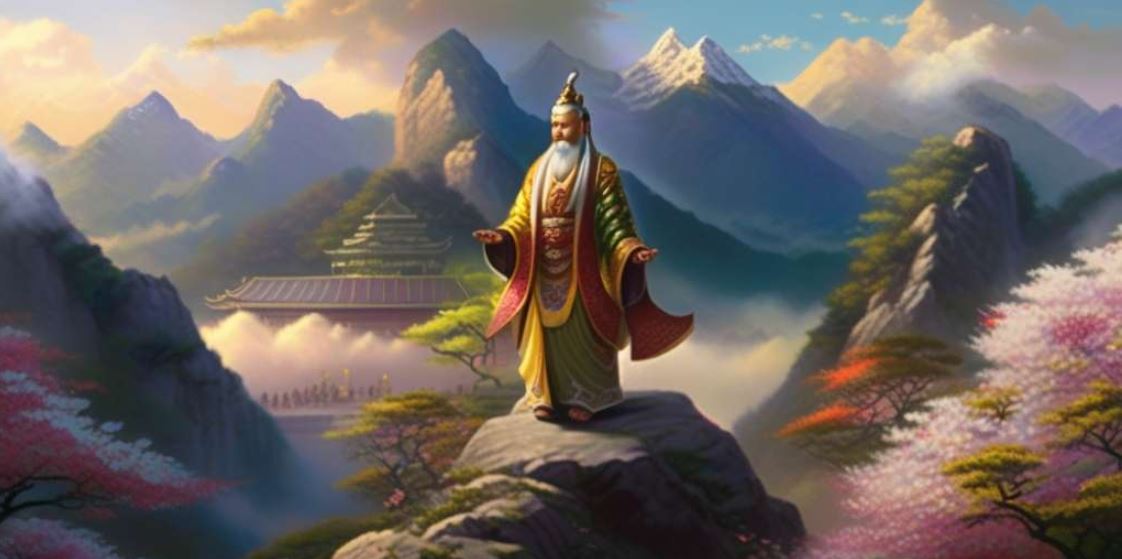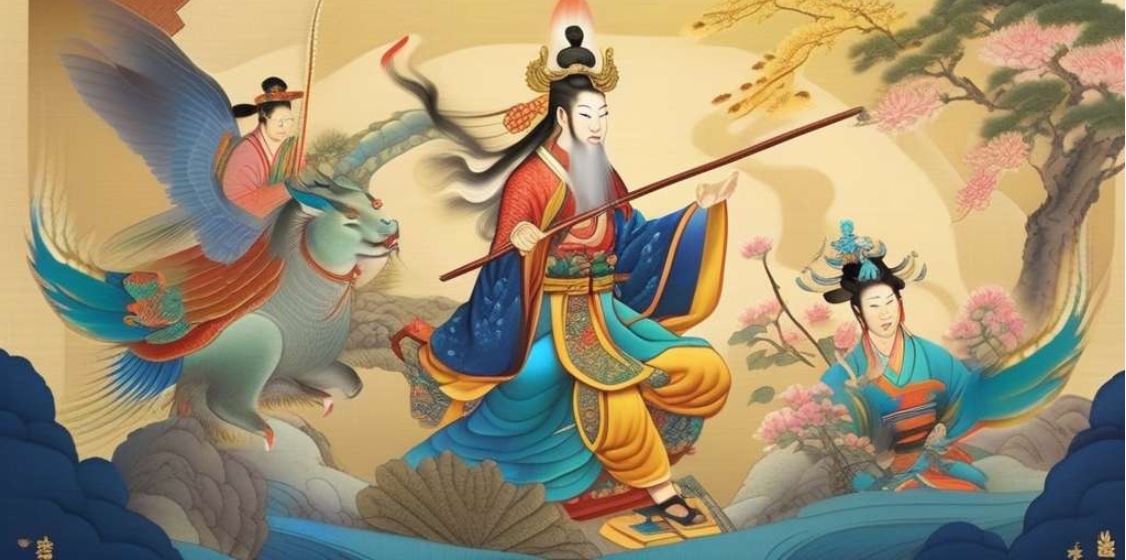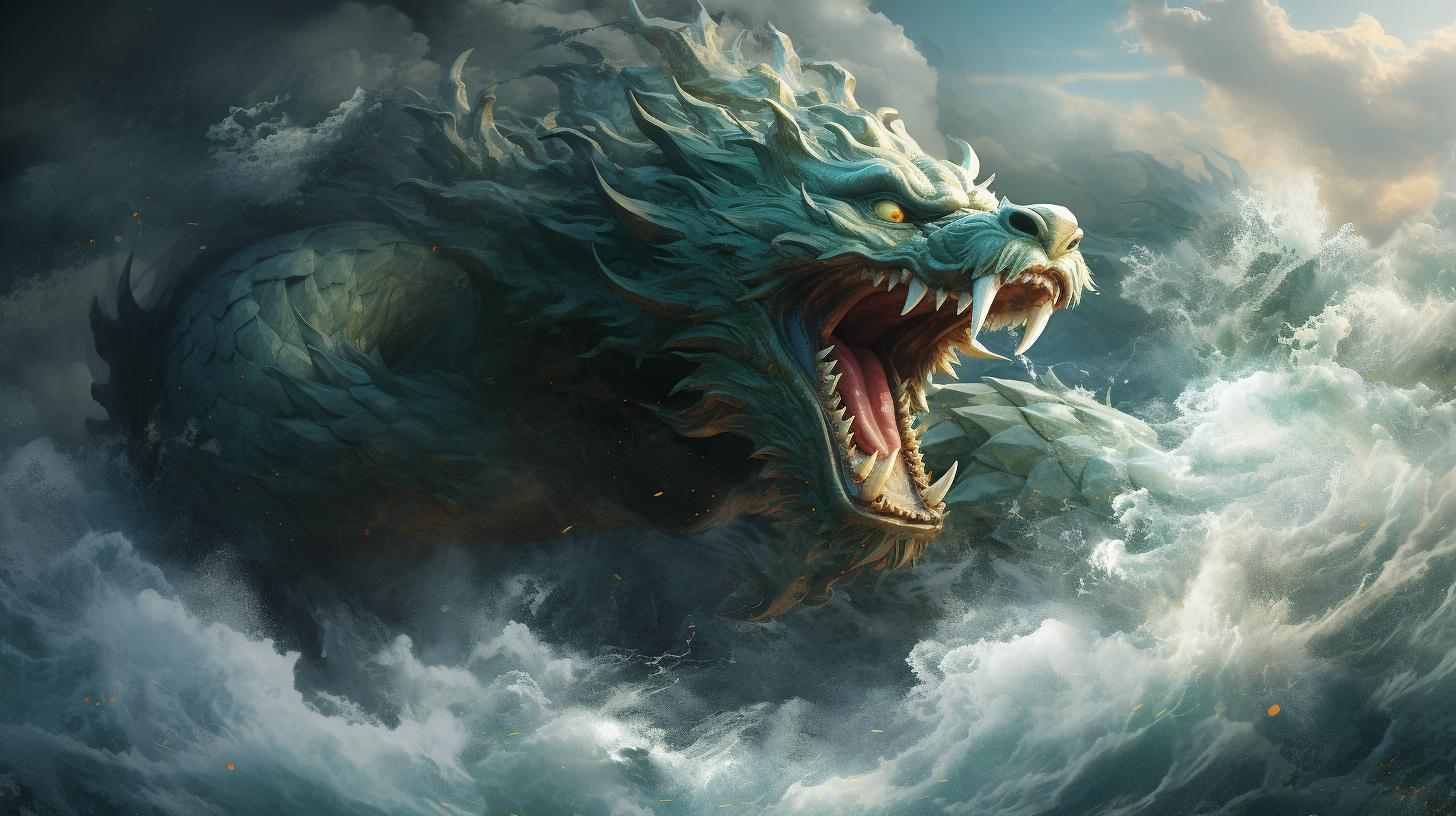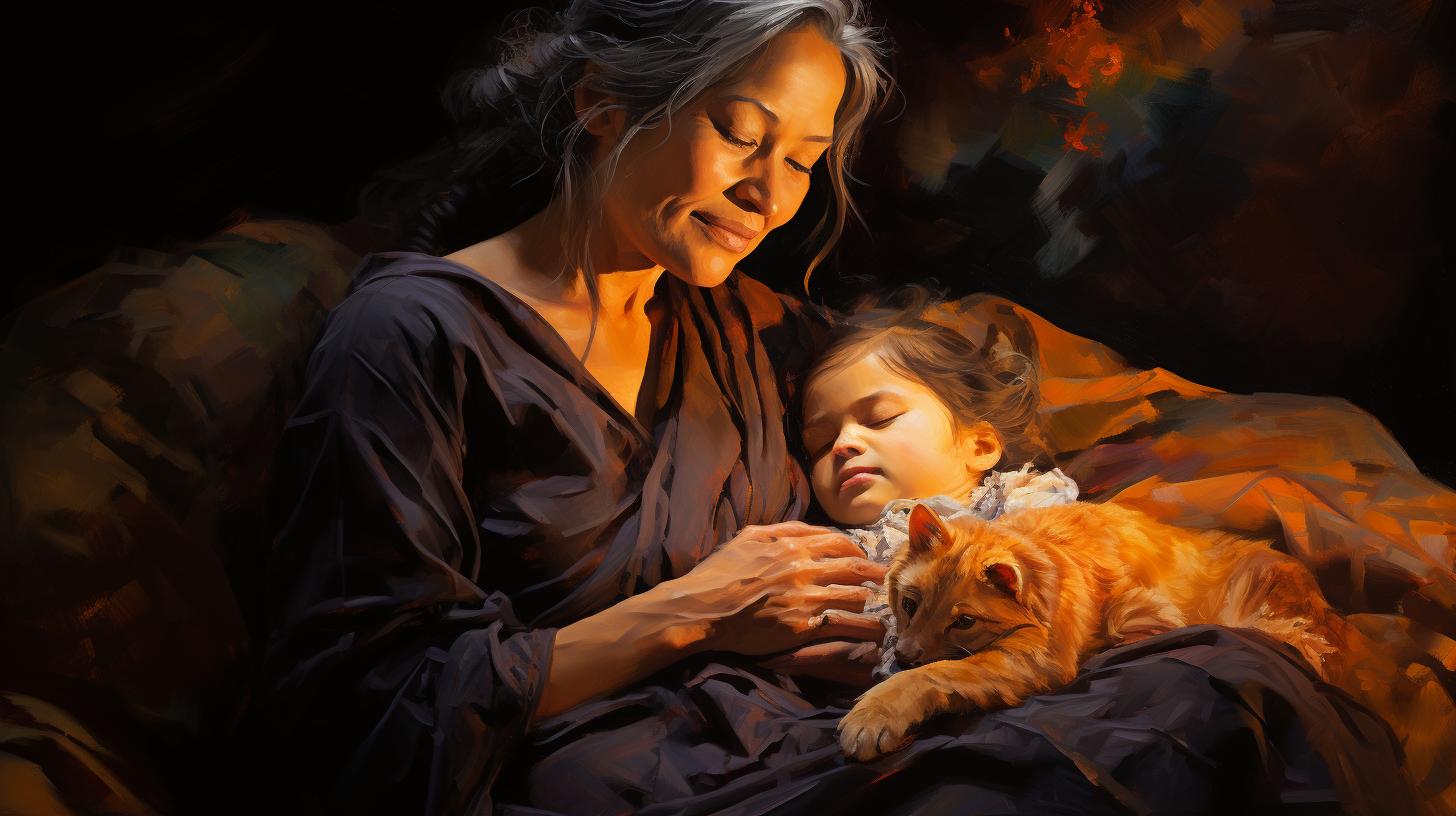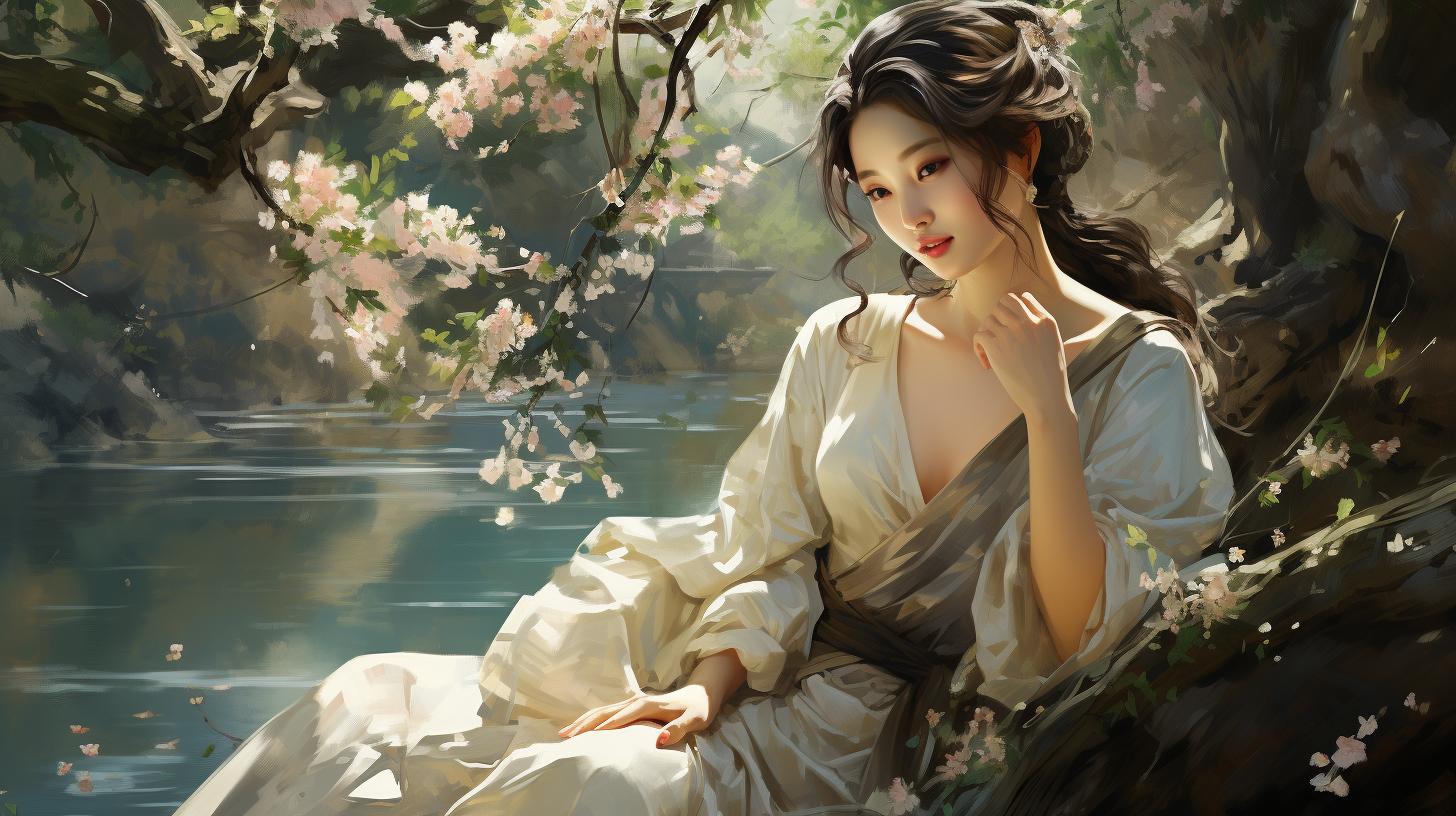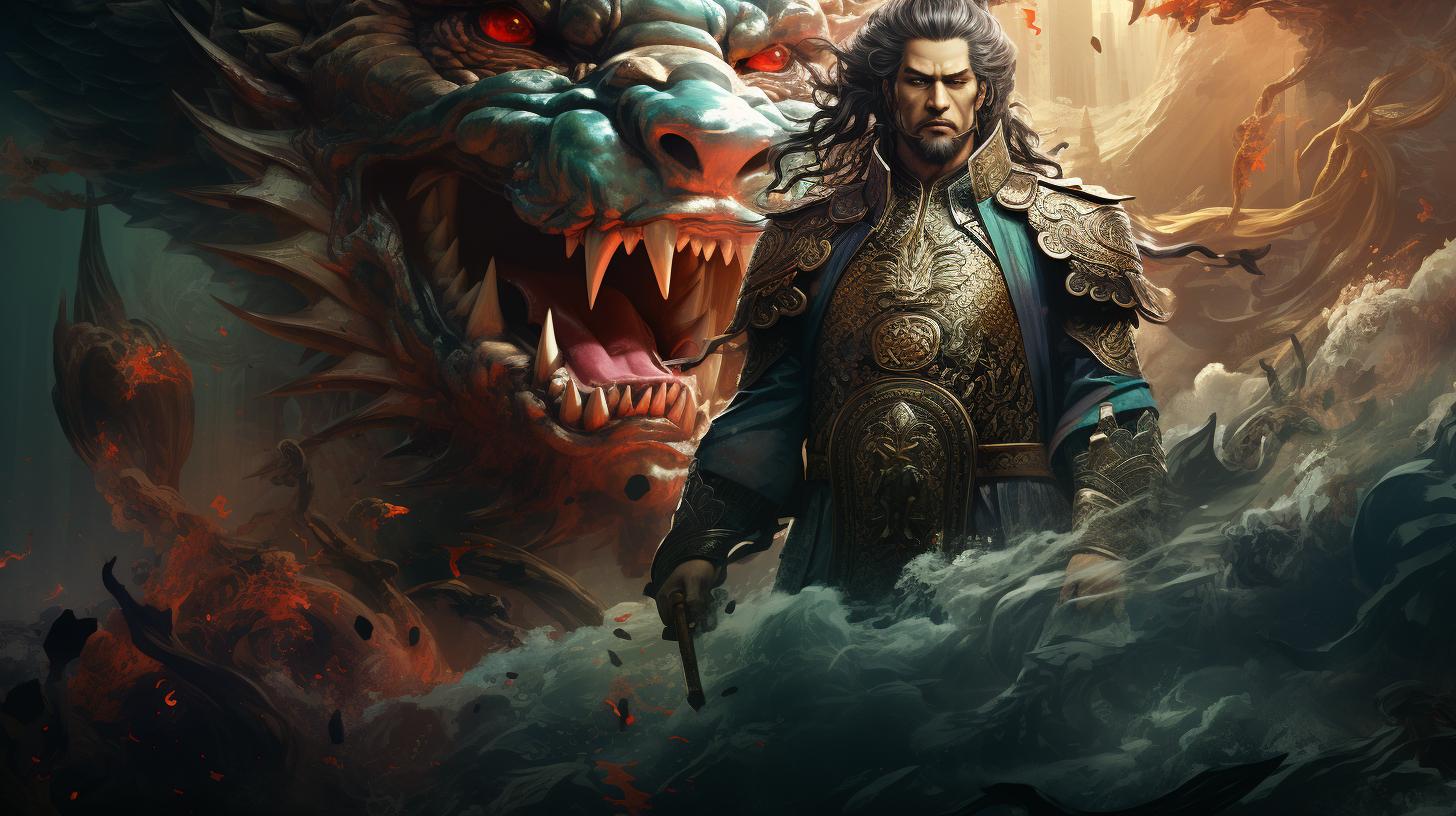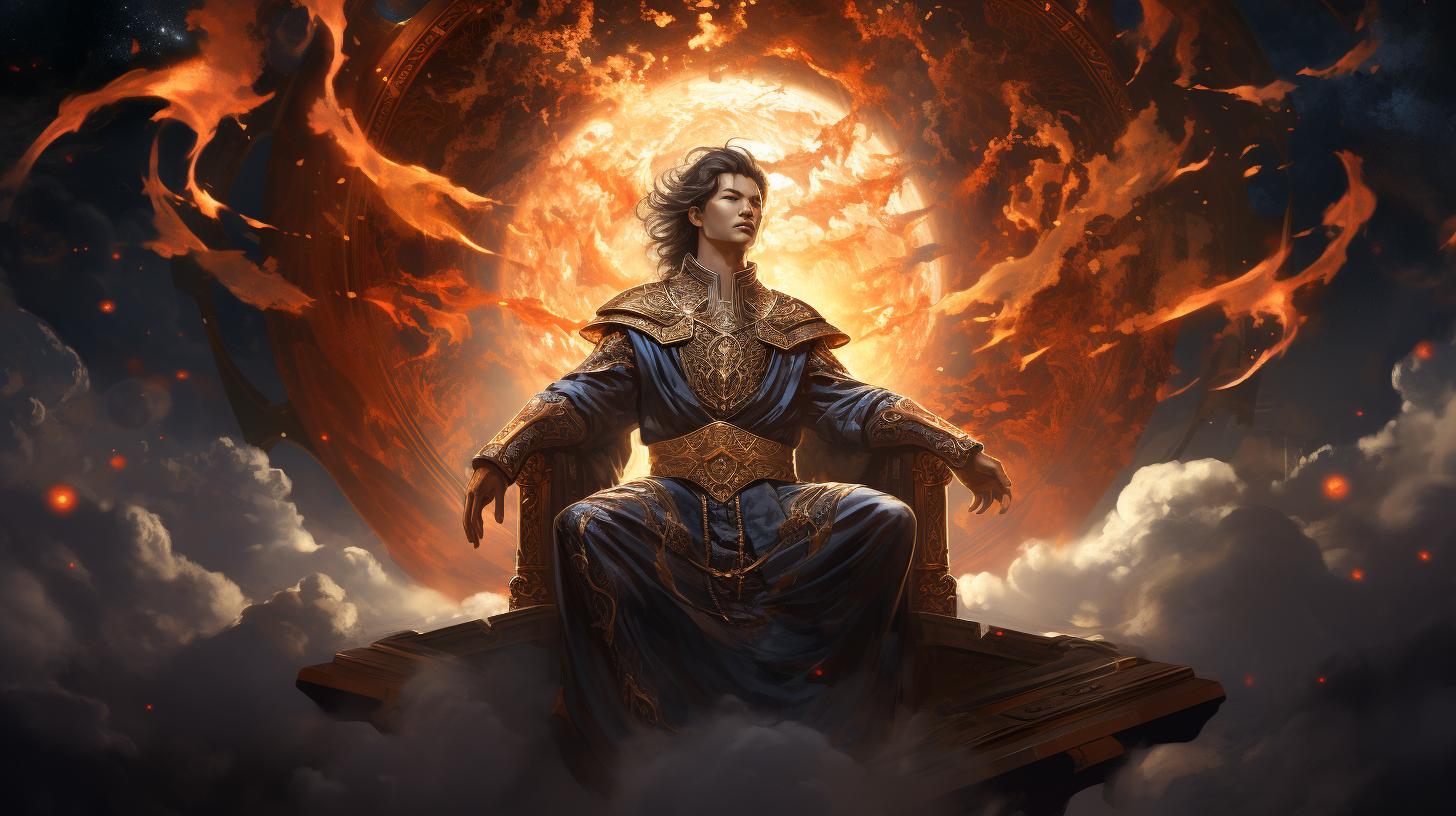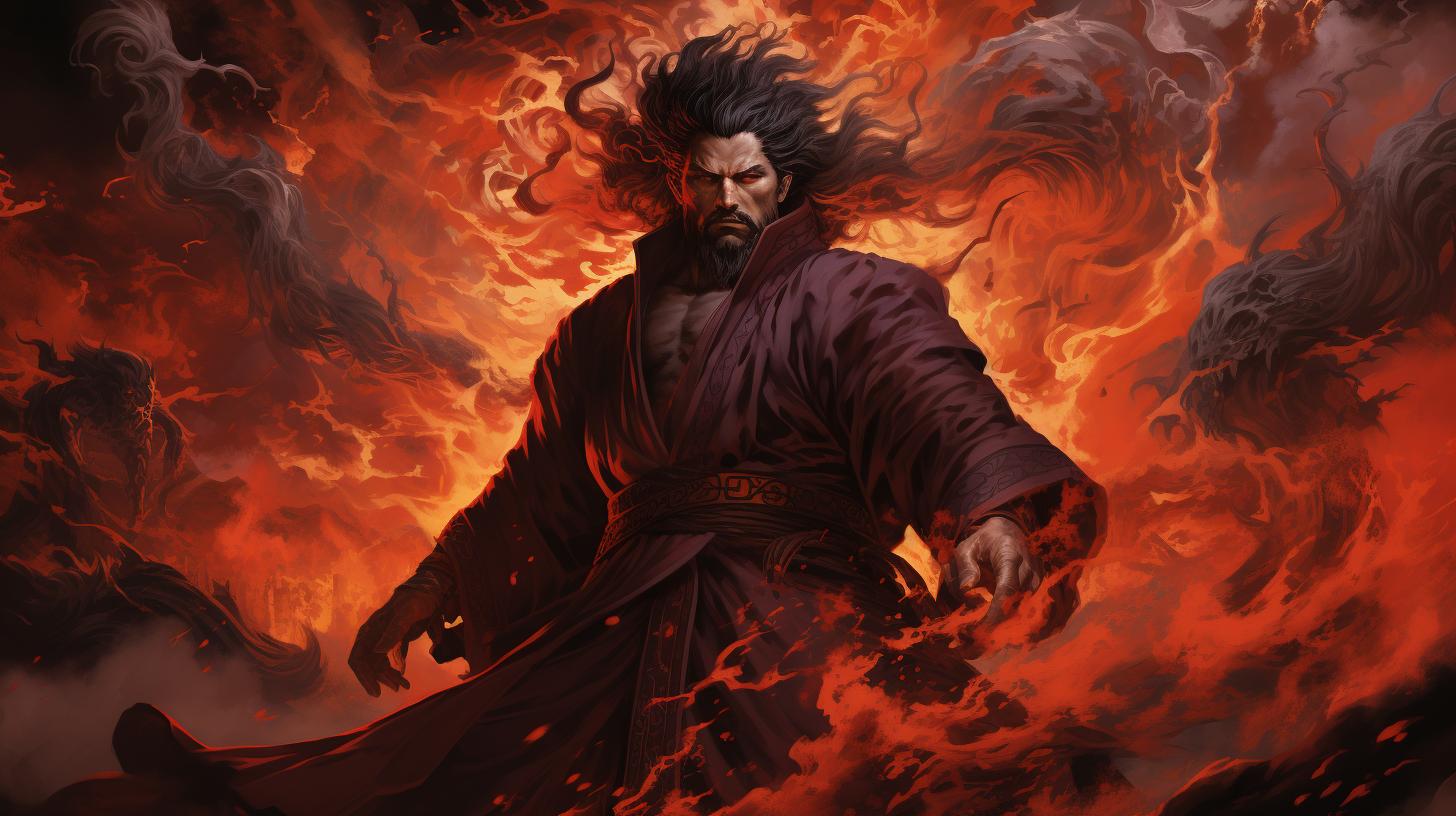Dangun Myth: Unraveling the Origins and Legends of Korean Ancient History
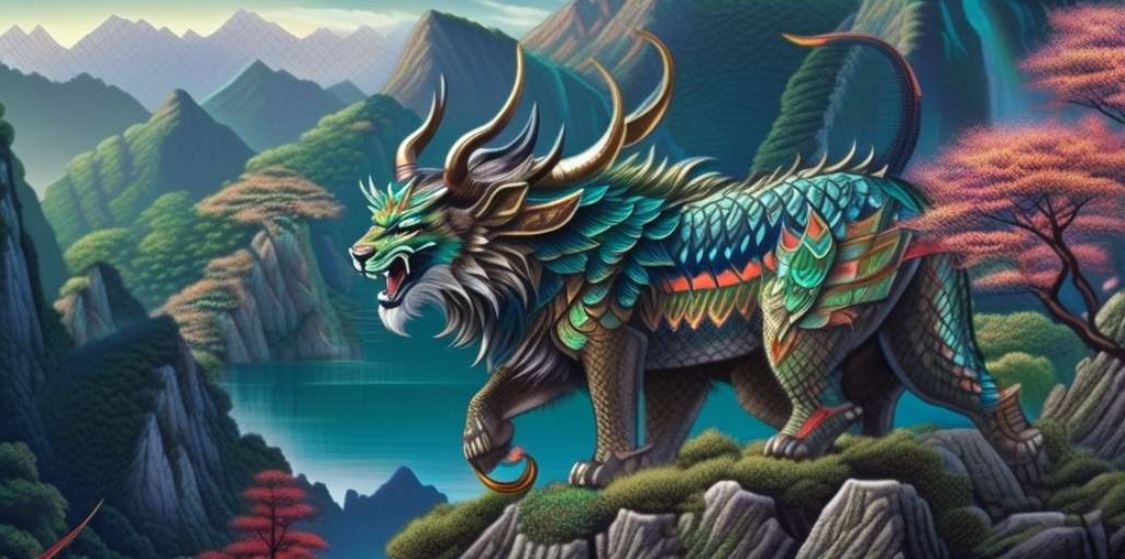
The Dangun myth, a fascinating tale from Korean ancient history, unveils the origins of the legendary Dangun, the founder of the ancient Gojoseon Kingdom. Rooted in the story of Hwanung and the Sacred Bear, Dangun’s birth and his mythical powers have captivated the Korean society for centuries.
This influential myth holds historical significance as it shapes Korean identity and is celebrated on National Foundation Day. Comparisons and interpretations of the Dangun legend offer insights into its unique place among other legendary founders in world history.
Unveiling the Legend of Dangun
The legend of Dangun is a captivating story deeply rooted in Korean ancient history, carrying with it the essence of Korean identity and culture.
This mythical tale unveils the origins of Dangun, the founding figure of the ancient Gojoseon Kingdom. Let us delve into the intriguing details surrounding the legend and explore the enchanting world of Dangun.
The Story of Hwanung and the Sacred Bear
At the heart of the Dangun myth lies the tale of Hwanung and the Sacred Bear. According to ancient folklore, Hwanung descended from the heavens to Mount Taebaek, where he encountered a bear and a tiger praying for the chance to become human.
Impressed by their dedication, Hwanung granted their wishes but instructed them to consume only garlic and mugwort for one hundred days in a cave.
While the tiger failed to complete the challenge and left the cave prematurely, the bear, later named Ungnyeo, showcased exceptional discipline and resilience.
As a result, she was transformed into a woman. Eventually, Ungnyeo became the mother of Dangun, marking the beginning of an extraordinary lineage.
Dangun’s Birth and Founding of Gojoseon Kingdom
The birth of Dangun is shrouded in mysticism and wonder.
The Dangun myth holds immense historical significance in Korean ancient history and has left a lasting legacy in Korean society.
By delving into the historical context, understanding the influence of Dangun’s myth on Korean society, and exploring its connection to National Foundation Day, we can fully grasp the impact and importance of the Dangun legend.
Historical Context: Dangun in Korean Ancient History
In the rich tapestry of Korean ancient history, Dangun emerges as a prominent figure. Believed to have founded the Gojoseon Kingdom, Dangun occupies a significant place in the chronicles of early Korean civilization.
It has deeply influenced Korean society, shaping its cultural identity, values, and traditions. From the veneration of Dangun as a mythical ancestor to the incorporation of Dangun-related motifs in art, literature, and celebrations, the Dangun myth has left an indelible mark on Korean society’s collective consciousness.
The Dangun myth is intrinsically tied to the National Foundation Day of Korea, a national holiday commemorating the legendary founding of the Korean nation by Dangun. Celebrated on October 3rd each year, National Foundation Day serves as a reminder of the historical significance of the Dangun myth and its enduring impact on Korean culture and society.
Comparisons and Interpretations
The Dangun Legend in Different Versions and Interpretations
Some versions focus on specific aspects of Dangun’s life, such as his interactions with deities, while others emphasize his role as a wise king and protector of his people.
Dangun Myth in Relation to Other Korean Legends and Myths
One such connection is the mythic figure of Miruk, who, like Dangun, is portrayed as a son of Hwanung. Both Miruk and Dangun share traits of divine ancestry and possess extraordinary powers.
Comparing Dangun to Other Legendary Founders in World History
While Dangun stands as a legendary figure in Korean history, it is intriguing to compare him to other renowned founders from different parts of the world.
By examining the myths and legends surrounding these founders, we gain insights into the archetypal motifs that persist across cultures.
One such comparison can be drawn with King Arthur, the legendary leader from British folklore.
Both Dangun and King Arthur are depicted as iconic founders who establish kingdoms with divine assistance. Exploring these cross-cultural comparisons enhances our understanding of the universal human fascination with legendary figures and their enduring influence on societal narratives.
- Exploring different versions of the Dangun legend reveals the myth’s adaptability and cultural significance within Korea.
- Placing the Dangun myth in relation to other Korean legends and myths highlights shared themes and motifs.
- Comparing Dangun to other legendary founders from world history provides insights into cross-cultural storytelling traditions.
.
……….

